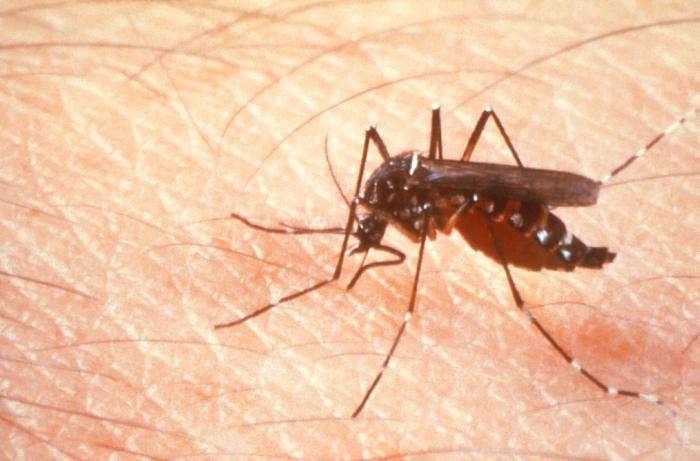The number of states reporting travel-associated chikungunya cases in the United States has increased by five during the past two weeks, according to new data released by the Centers for Disease Control and Prevention (CDC) Tuesday.

With the addition of California, Tennessee, Virginia, North Carolina and Hawaii, this brings the total of 68 chikungunya virus disease cases that have been reported to ArboNET from 19 U.S. states for 2015. This is up from 55 cases two weeks ago.
The federal health agency reports all cases occurred in travelers returning from affected areas. No locally-transmitted cases have been reported from U.S. states.
In 2014, there were 2,481 travel associated cases reported from all states except, North Dakota, Wyoming and Alaska. Eleven locally-transmitted cases were reported from Florida.
Since December 2013, the total number of suspected and confirmed autochthonous chikungunya cases in the Western hemisphere has eclipsed 1.3 million cases, according to the Pan American Health Organization.
Related: United Kingdom: Huge increase in chikungunya due to Caribbean and South America travel
Chikungunya virus is transmitted to people by mosquitoes. The most common symptoms of chikungunya virus infection are fever and joint pain. Other symptoms may include headache, muscle pain, joint swelling, or rash.
There is no vaccine to prevent or medicine to treat chikungunya virus infection. Travelers can protect themselves by preventing mosquito bites. When traveling to countries with chikungunya virus, use insect repellent, wear long sleeves and pants, and stay in places with air conditioning or that use window and door screens, the CDC advises.

